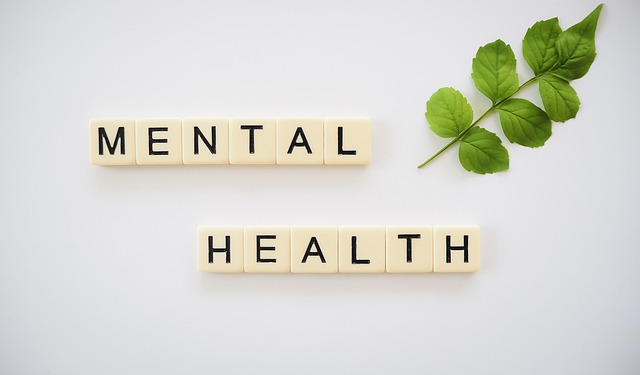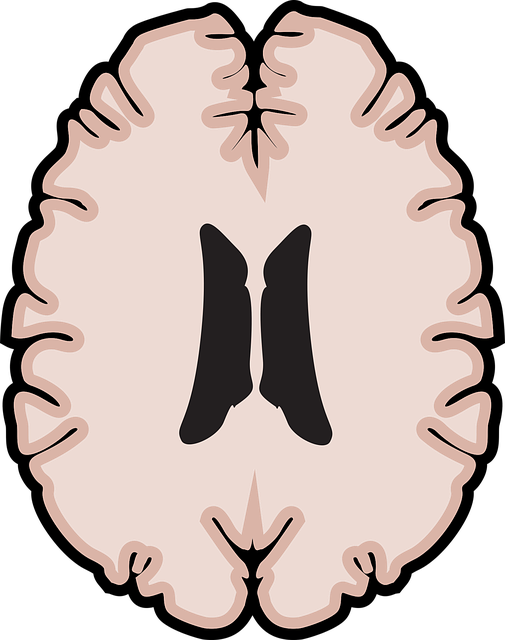Depression prevention in Westminster involves a multi-faceted approach addressing biological, psychological, and environmental factors. This includes understanding and managing triggers like life stressors, adopting healthy lifestyle habits like regular exercise and dietary changes, engaging in therapy tailored to individual needs (such as Westminster Bipolar Disorder Therapy), and building a supportive community network. Early recognition of warning signs, like persistent sadness or suicidal thoughts, is crucial, leading to timely professional intervention for effective management through personalized strategies focusing on conflict resolution, emotional regulation, and confidence-building techniques.
Depression is a prevalent and serious mental health condition, but prevention is key. This comprehensive guide explores effective strategies to combat depression, offering valuable insights for those seeking to protect their mental well-being. From understanding the triggers of this often complex disorder to adopting lifestyle changes, therapy techniques, building support networks, and recognizing early warning signs, these strategies can empower individuals to manage and prevent depressive episodes, including those with bipolar disorder in Westminster.
- Understanding Depression and its Triggers
- Lifestyle Changes for Better Mental Health
- The Role of Therapy in Preventing Relapse
- Building a Support Network
- Identifying Early Warning Signs and Seeking Help Promptly
Understanding Depression and its Triggers

Depression is a complex mental health condition that significantly impacts an individual’s daily life and overall well-being. Understanding its triggers is a crucial step in prevention. Many factors can contribute to the onset of depression, including biological, psychological, and environmental influences. For some individuals, genetic predisposition plays a role, making them more susceptible to the disorder, especially if there’s a family history of mental health issues like Westminster Bipolar Disorder.
Emotional regulation is a key aspect of maintaining mental wellness. Life stressors, such as traumatic events, chronic illnesses, or relationship problems, can trigger depressive episodes. Effective stress management techniques, combined with healthy coping mechanisms, are essential tools in preventing and managing depression. By addressing these triggers and prioritizing emotional well-being through therapy and self-care practices, individuals can enhance their resilience and overall mental health.
Lifestyle Changes for Better Mental Health

Adopting a healthy lifestyle can significantly contribute to preventing and managing depression. Regular exercise, for instance, boosts mood by releasing endorphins, reducing stress hormones, and improving sleep quality—all vital factors for maintaining mental health. Additionally, dietary changes play a crucial role; incorporating nutrient-rich foods like omega-3 fatty acids, folate, and vitamins B and D can support brain function and overall well-being.
Other lifestyle adjustments, such as cultivating compassion towards oneself and others (a key component of Westminster Bipolar Disorder Therapy), enhancing social connections through skills training, and practicing mindfulness or meditation, have been shown to promote self-esteem improvement and resilience against depressive episodes. These strategies create a supportive environment, foster positive relationships, and encourage healthier coping mechanisms when navigating life’s challenges.
The Role of Therapy in Preventing Relapse

Depression prevention isn’t just about managing symptoms; it’s about equipping individuals with tools to maintain mental wellness in the long term. This is where therapy plays a pivotal role. Beyond treating depression, therapy acts as a robust defense against relapse by providing individuals with coping skills development tailored to their unique challenges. Through Westminster Bipolar Disorder Therapy, for instance, patients learn conflict resolution techniques that help navigate emotional triggers and stressful situations, preventing them from escalating into depressive episodes.
Additionally, mental wellness journaling exercises guidance offered during therapy serves as a powerful self-monitoring tool. It encourages individuals to track moods, thoughts, and behaviors, fostering awareness of early warning signs. This proactive approach allows for timely intervention and adjustments in coping strategies, further bolstering resilience against depression and promoting sustained mental wellness.
Building a Support Network

Building a strong support network is an essential aspect of depression prevention and managing bipolar disorder, especially in a diverse society like Westminster. Connecting with others who understand your struggles can provide comfort, encouragement, and valuable insights. Consider joining support groups or community forums where you can share experiences and learn from peers navigating similar challenges. These networks offer a safe space to express emotions freely without fear of judgment.
In addition to these social connections, seeking professional guidance is vital. A healthcare provider with cultural competency training can offer tailored strategies, especially when addressing unique cultural perspectives on mental health. Public awareness campaigns development also plays a crucial role in destigmatizing depression and bipolar disorder, fostering an environment where individuals feel empowered to seek help. Combining personal connections, professional support, and self-care routine development for better mental health can significantly contribute to preventing and managing depression effectively.
Identifying Early Warning Signs and Seeking Help Promptly

Recognizing early warning signs is a pivotal step in preventing depression. Changes in mood, energy levels, and patterns of thinking or behavior can signal an impending depressive episode. These signs might include persistent sadness, loss of interest in activities once enjoyed, changes in appetite or sleep patterns, difficulty concentrating, feelings of worthlessness, and recurrent thoughts of death or suicide. It’s crucial to remember that these symptoms can vary from person to person, so being attuned to your unique emotional landscape is essential.
If you notice any of these early warning signs, seeking help promptly is vital. Don’t hesitate to reach out to a mental health professional, such as those offering Westminster Bipolar Disorder Therapy. They can provide an accurate diagnosis and develop a personalized prevention strategy incorporating techniques like conflict resolution, confidence boosting, and emotional regulation to empower individuals in managing their mental well-being effectively.
Depression prevention is a multifaceted approach that combines understanding, proactive measures, and support. By recognizing triggers and implementing lifestyle changes, individuals can significantly improve their mental health. Therapy plays a pivotal role in preventing relapse, offering valuable tools to manage symptoms. Building a robust support network and promptly seeking help upon noticing early warning signs are essential strategies to combat depression effectively. For those in Westminster dealing with bipolar disorder, specialized therapy services can provide tailored guidance, fostering resilience and enhancing overall well-being.














